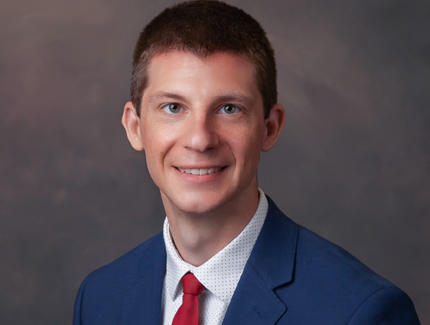Personalized care for those living with amputation
Amputation is a challenging, life-altering experience. Parkview’s Amputee Clinic is dedicated to helping you with every aspect of your journey to recovery. Our interdisciplinary team works with most amputations and creates individualized plans for each patient.
At the clinic you will benefit from services to help you recover, including:
- A professional evaluation to identify your medical, physical and emotional needs.
- Guidance on post-surgery pain relief, healing and activity levels.
- Assistance with proper fitting of your prosthesis or brace.
- Instruction on how to appropriately and comfortably put on and use your device.
- Creation of an individualized therapy and exercise plan.
- Advice on injury prevention.
- Help in adjusting to common physical activities.
- Management of phantom pain
- Answers to your questions or concerns. Our expert team is uniquely qualified to empower you to make the most of your recovery, achieve your individual goals and maximize your independence.
The Amputee Clinic takes a comprehensive approach to address prosthetic care, rehabilitation and management. A highly trained and experienced team will collaborate with you and your family to develop a personalized plan tailored to your specific needs and goals.
A referral from your primary care physician is needed before an appointment can be scheduled at the Parkview Amputee Clinic.







